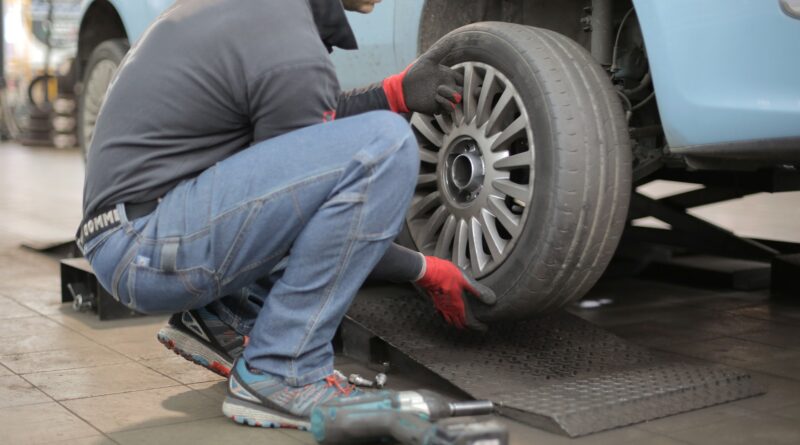Shockingly Easy Ways of Reducing Car Maintenance Costs
Reducing car maintenance costs helps save over the long term. From planning efficient journeys to making sure fluid levels are good, here are some tips for motoring some money.
Learn About Your Car Model
You can’t hope to save money without getting to know your car well. Every model is different and needs specific treatment. Your car should come with a booklet you can use to find out more. However, a used car may not come with this, which is bad luck if you just bought a Chevrolet Trax, for example. Don’t worry, though; you can order a replacement Chevy Trax owner’s manual or a manual for any other car. Just make sure you know the model’s year beforehand.
Plan for More Efficient Journeys
A smooth journey means you will use the brakes, throttle, and gears much less. Driving for no good reason through densely populated areas will mean traffic lights and stopping areas. Using your car less means you eliminate much of the wear and tear. Walk if the weather is OK, and plan an efficient journey if you have to drive. Broader roads and alternative routes without traffic density are recommended. And you will also save on fuel costs and reduce tire wear and tear.
Reducing Car Maintenance Costs by Warming Up
This is a contentious subject, but some motoring experts recommend that you warm up the engine for at least 30 seconds to a minute before heading off. The belief is that it can help reduce strain on some of the moving parts of the engine and drivetrain because the oil becomes more lubricated. Over time, this means you can save a bit of money by not having to replace parts prematurely. This is especially effective when the weather is colder, like in the winter.
Don’t Forget to Check the Fluids
The fluids of your car are vital for maintaining how well it runs. Brake fluids, engine water, and oil levels are essential. A lack of any of these will wear down parts quicker and can even cause severe damage to internal parts if left unchecked. Some experts recommend changing the oil every 3,000 miles for peak performance. But some manufacturers state double this. Either is fine, but fresher oil will help ensure your car’s engine runs much more efficiently and effectively.
Never Ignore Dash Warning Lights
You probably know someone who always ignores their warning lights. From low fuel warnings to engine failure, there are warnings for pretty much anything that can negatively impact your car. The warnings are there for a very good reason, and they are meant to give you plenty of forewarning before something bad happens to your vehicle. So always address a dashboard warning light immediately, or you can end up with a broken-down car or something much worse.
Summary
Learning about your model car is vital to running it more efficiently. But simple things like warming up the engine can help, and pay close attention to any lit-up dashboard warning lights.

